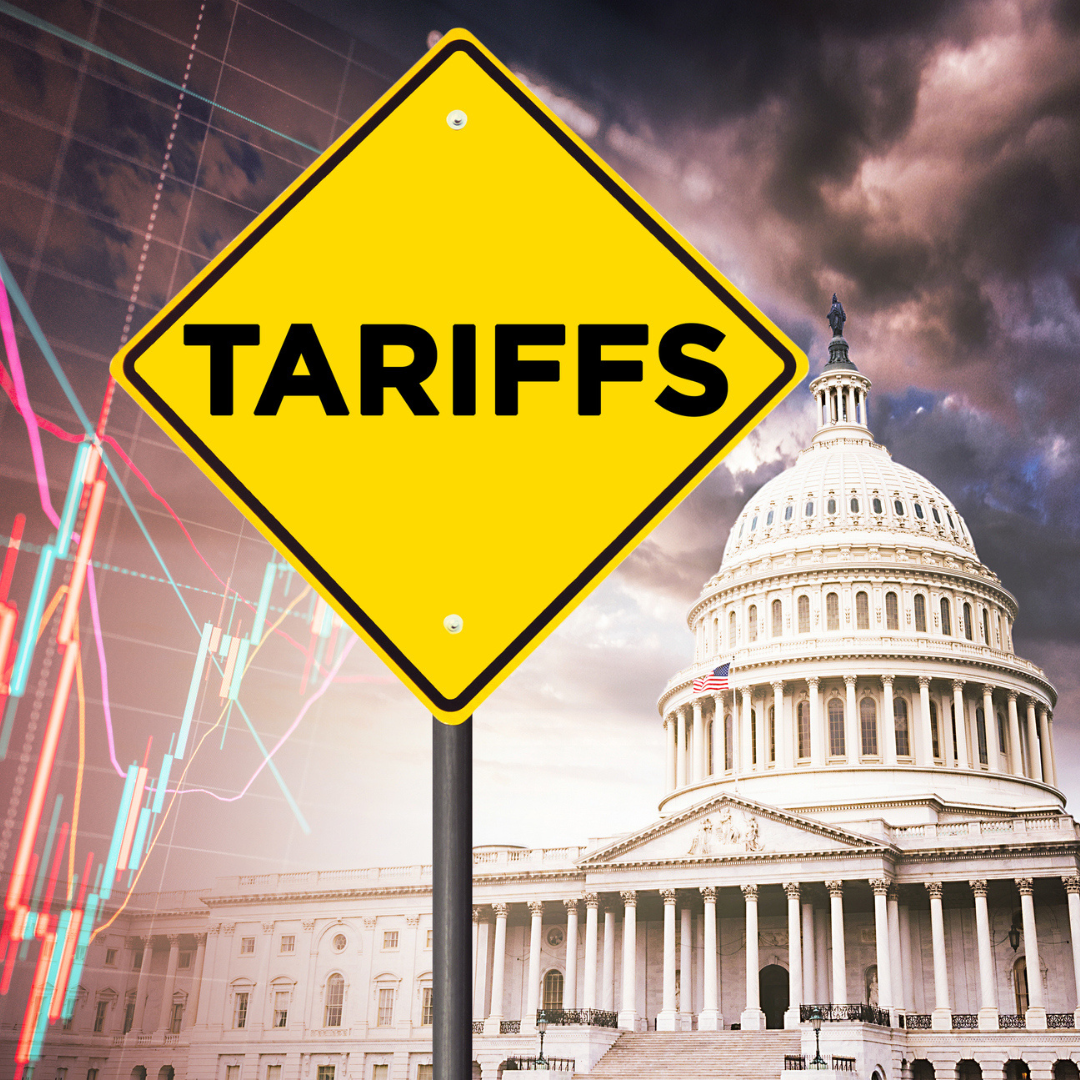
On February 26, 2026, the United States Department of Labor proposed a new rule addressing the analysis used for classifying workers as either employees or independent contractors. The proposal would rescind the Biden administration analysis for determining employee or independent contractor status that has been used since January 2024. The proposed rule would return to an analysis similar to that imposed in 2021 during the first Trump administration.
The proposed rule applies a streamlined “economic reality” test in order to determine whether a worker is economically dependent on an employer for work. The rule used during the Biden administration utilized six different factors as part of the economic reality test. The newly proposed rule, instead, gives priority to two “core” factors: (1) the nature and degree of the individual’s control over the work; and (2) the individual’s opportunity for profit or loss (i.e. the worker’s ability to earn more money based on their own initiative or investment). These two factors are to be considered first, and if both point towards the same conclusion, there is a substantial likelihood that the conclusion is an accurate classification for the worker.
If the first two factors are inconclusive, the analysis considers the following additional factors: (1) the amount of skill required for the work; (2) the degree of permanence of the working relationship; and (3) whether the work is part of an integrated unit of production. These factors are considered less probative than the two “core” factors.
This proposed rule change could have an effect on a number of workers and industries, including healthcare, restaurants, construction and transportation. Companies that utilize a business model reliant upon gig workers would also be impacted by this potential change as the proposed rule provides a more simplified analysis for employers to consider when classifying their workers.
A public comment period on the proposed rule is open until April 28, 2026. The rule will not become final until some time after the public comment period closes.
For more information or guidance in the classification of workers, please contact a member of Hahn Loeser’s Labor and Employment Group.









